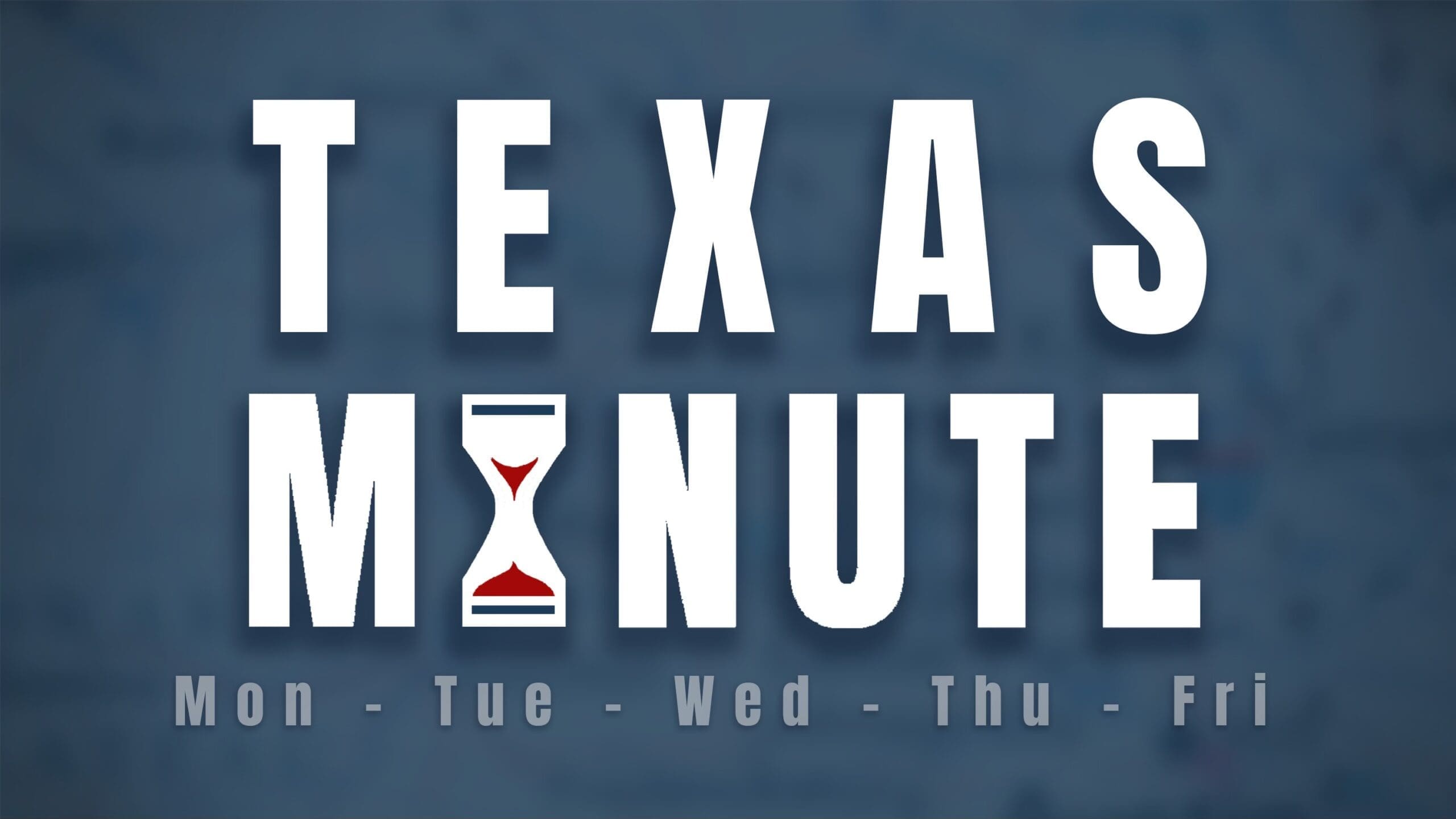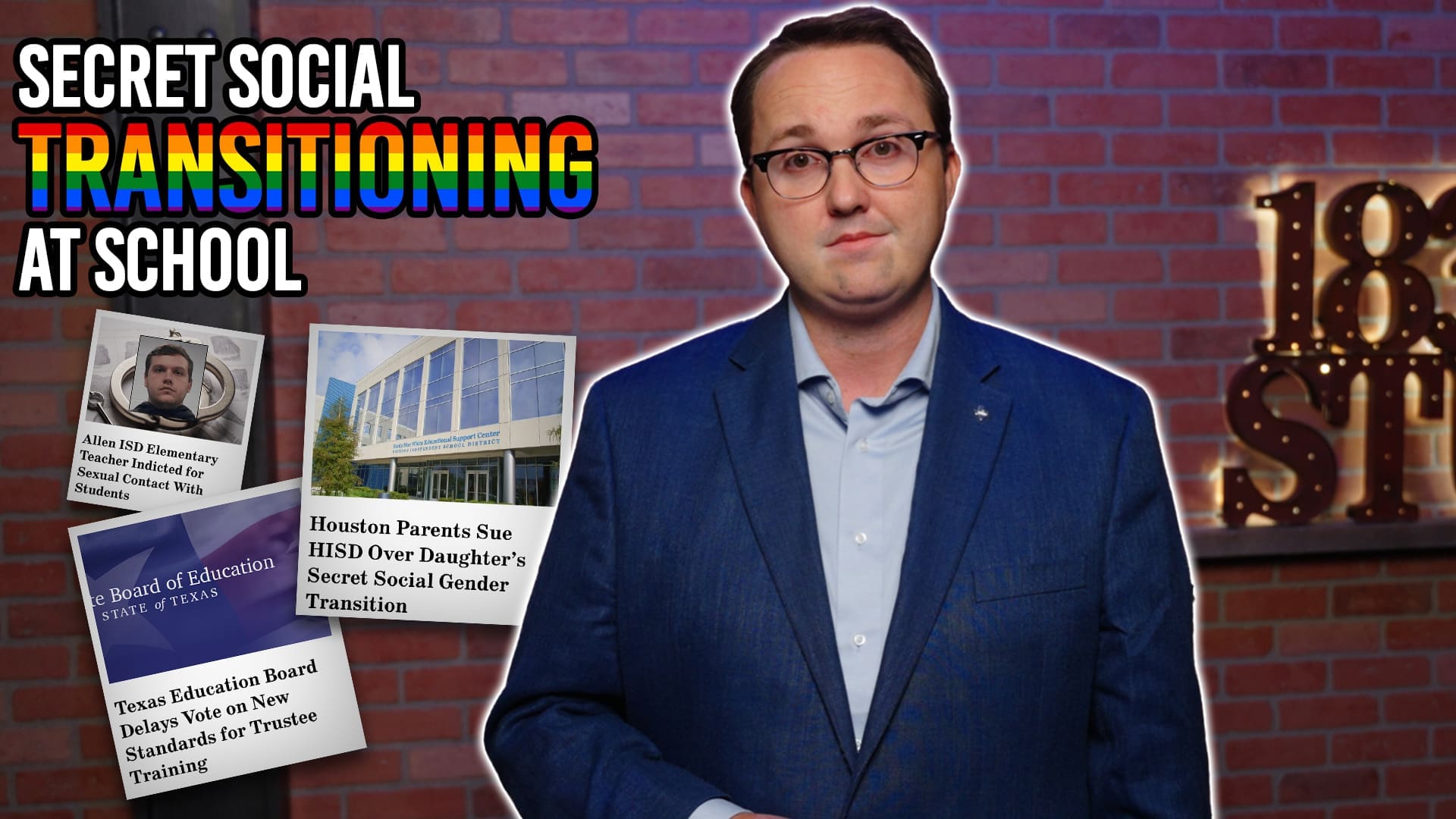Bad ideas are running rampant in Beantown. I’ve come to Boston for the National Conference of State Legislators. It should be called the National Conference for Growing Government. By and large, NCSL is a cheerleading session for those legislators, bureaucrats, rent-seekers and assorted hangers-on looking to grow the size and scope of government.
The first panel discussion I attended was illustrative: it was called “Financing State Government in a No New Taxes World.” It was nice to think, however briefly, that even the grow-government crowd has realized tax increases are politically untenable. Too bad the NCSL crowd is more interested in shell games than solutions.
Here are the ways the panel offered to get around taxpayer concerns about new taxes: “dedicated taxes (earmarking), bonds, securitization and other creative financing mechanisms.”
Most glaring was the absence of any discussion about limiting spending or slowing growth-rates, as a way to deal with state government financial pressures. Such talk is simply crazy in the crowd seeks to justify their existence by spending your money. (In all fairness, one lawmakers from Colorado complained that his state’s tax and spending limit has made it hard for them to grow taxes and spend money… he apparently doesn’t understand what a “tax limitation” is supposed to do.)
While fees and tolls, when done correctly, can be economically sound, market-based ways to fund government services (pay for what you use), the mood of those attending the standing-room only panel held that fugibility is the rule — bring in the money under any pretense you can, let the dollars mingle and then spend like crazy.
To these folks, creativity is defined by hiding the cost of government, not becoming more efficient. Their solutions are like using credit cards to finance personal overspending; the cost is hidden at the point of sale, but eventually the bill comes due.
Bonds and public indebtedness really do have to be paid back, and it really will be future taxpayers who bear the burden. It’s like going on a cruise and leaving the bill — plus interest — for your great-grandchildren to pay.
Rather than seeking creative ways to finance big government, lawmakers would better-serve their constituents by reducing spending and controlling costs.




